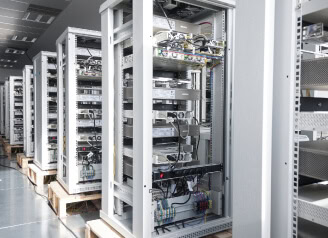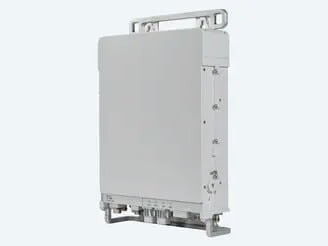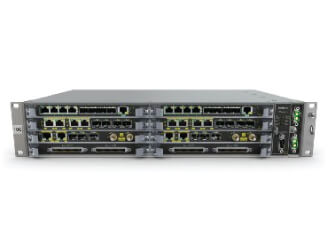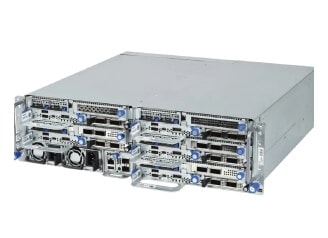Telecommunications Operators Seek Energy Efficiency to Reduce Costs and Meet Sustainability Targets
Energy efficiency has always been an essential consideration for telecom operators. Still, as the world becomes more conscious of the need to reduce energy consumption, it’s taking on even greater significance.
Not only is energy efficiency important for reducing costs and meeting sustainability targets, it’s also a critical factor in delivering reliable and high-performing networks.
How Is Nokia Helping Operators Reduce Energy Consumption and Costs?
To meet these challenges, operators are turning to innovative solutions and a holistic approach that considers everything from network architecture to site selection.
Whether through site audits, energy-saving consultancy services, or the use of advanced analytics, Nokia is working to help operators reduce their energy consumption and drive down costs while ensuring the highest levels of network performance.
Additionally, several Nokia solutions are optimized to help operators reduce energy consumption and costs.
AirScale Base Station
The Nokia AirScale Base Station is equipped with innovative and groundbreaking technology that optimizes power usage based on real-time network demand, dynamically adjusting power consumption according to the traffic load, ensuring that resources are allocated efficiently. These power-saving features allow it to provide energy efficiency without compromising performance.

AirScale Habrok Radios
Designed with energy efficiency in mind, the AirScale Habrok Radios decrease power consumption by up to 30% and are more lightweight than their predecessors, allowing for faster installation and deployment and lowering the cost of ownership.

Wavence Microwave Transport Solution
The Waveance microwave radio transport solution has incorporated the same power-saving technology as the AirScale Base Station, allowing the solution to measure power consumption in real-time and optimize the transport network for energy efficiency. During low or no-traffic times, the traffic-aware sleep mode is activated, shutting down the system and conserving energy until the network is called into action again.

Liquid Cooling Technology
Keeping hardware cool while running takes a lot of energy to pull off. Nokia’s Liquid Cooling technology for the AirScale baseband and AirScale sub-rack can reduce energy consumption by an incredible 90% and CO2 emissions by up to 80% compared to traditional cooling systems. The Liquid Cooling technology not only helps reduce costs by saving on energy consumption, but it also extends the lifespan of hardware and helps to optimize operating costs.
All-in-One Cabinet Site Solution
The Nokia All-in-One Cabinet solution offers an excellent solution for telecom operators looking to lower energy consumption and deployment costs as they roll out their 5G components. The All-in-One cabinet allows the pre-integration of components, including cooling stations and, when placed outdoors, require no additional cooling system or shelter structures. This effectively reduces energy consumption by up to 30%, reduces the site footprint by 60-99%, and offers a 50% faster deployment time as there is no need to build a separate shelter for the equipment.

Self-Organizing Networks
Nokia Self-Organizing Networks (SON) play a crucial role in improving energy efficiency in the telecommunications industry. By dynamically adjusting network configurations, SON optimizes resource utilization, minimizing energy consumption and ensuring efficient network coverage and capacity. Additionally, SON automates routine maintenance tasks, reducing the need for manual intervention and on-site visits, further reducing energy consumption. Furthermore, SON optimizes the placement and configuration of network elements, such as antennas, reducing hardware requirements and minimizing energy usage. Overall, SON contributes to significant energy savings, enhancing sustainability and reducing the carbon footprint of telecommunications networks.
AirFrame Data Center and NetAct Network Management System
Additionally, Nokia’s end-to-end solutions, such as the Nokia AirFrame Data Center and the Nokia NetAct network management system, are designed with energy efficiency in mind, helping operators to reduce their carbon footprint and achieve their sustainability goals.

About Infinity Technology Solutions
Infinity Technology Solutions specializes in broadband and critical communications infrastructure development. We help our channel partners create private wireless networks 4G/5G, microwave backhaul systems, IP/MPLS, and optical networking technology.
For more information, give us a call or fill out the contact form below.